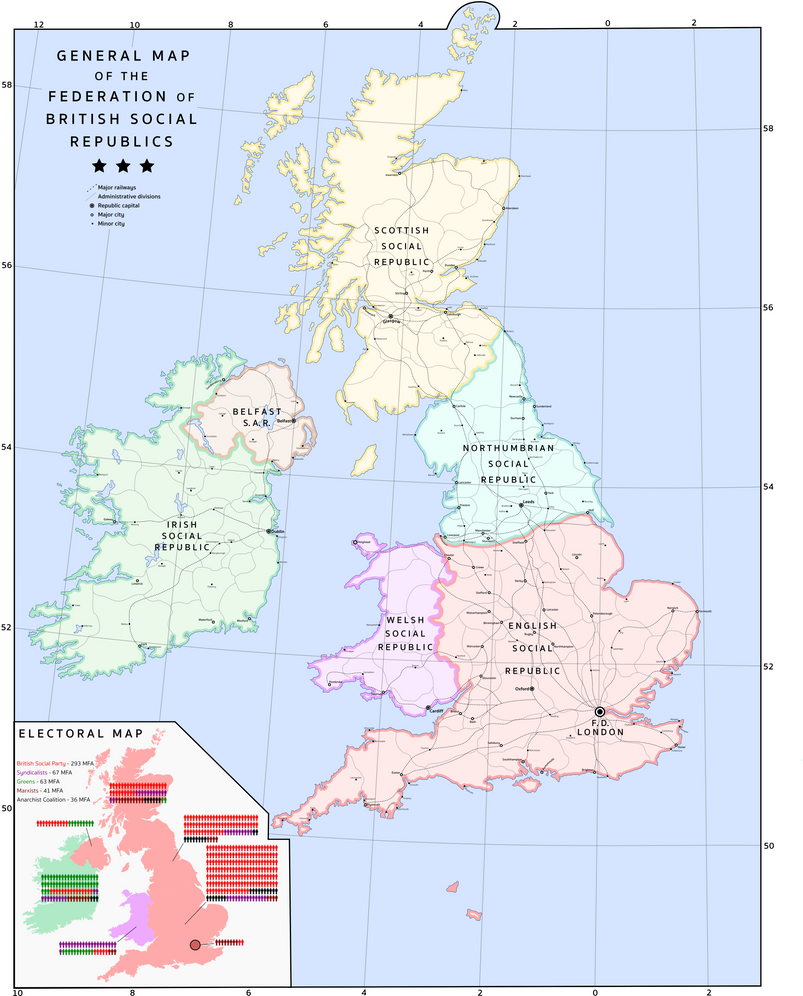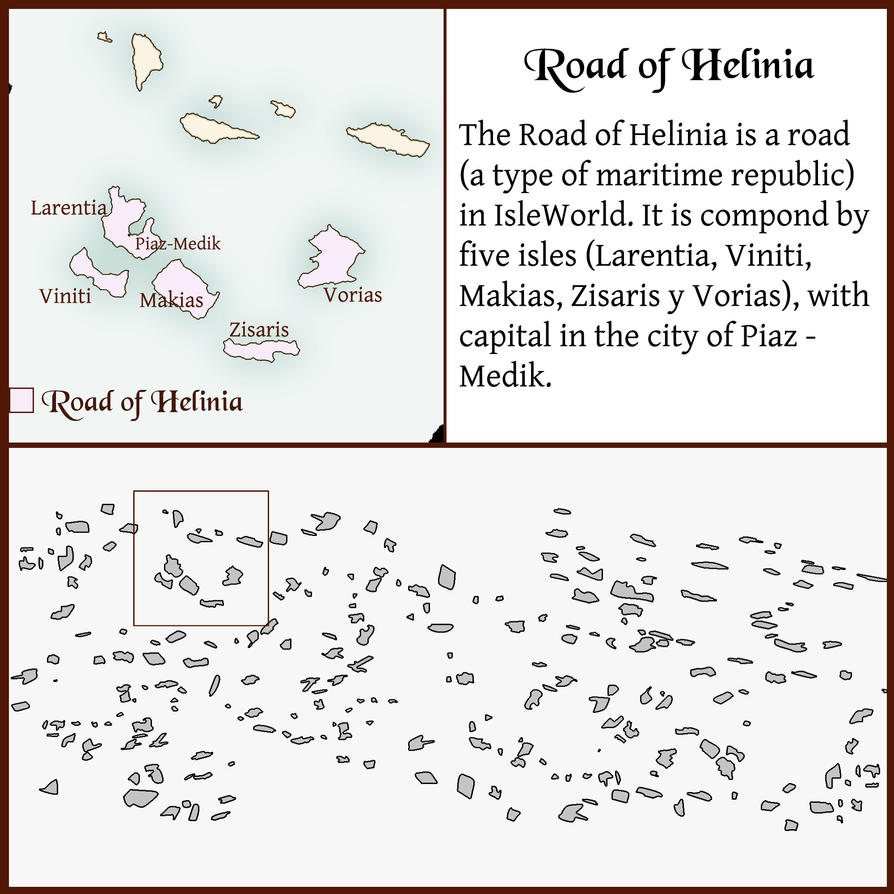(first entry into one of these contests. Hopefully I'm doing this right)
The Republic of Madagascar, otherwise known as the Repoblikan'i Madagasikara in the native Malagasy, is a member of the British Commonwealth and has played a pivotal role in Britain's African policies.
British influence into Madagascan affairs began during the reign of King Radama I, which lasted from 1810 until 1857. Radama ascended to the throne after the death of his father, King Adrianampoinimerina, who had taken up the arduous task of uniting the various tribes of the island. Radama continued his father's mission and had united the tribes into a single kingdom by 1836.
Throughout his reign, Radama sought to Europeanize his kingdom and thus encouraged envoys from the London Missionary Society to establish schools in order to teach literacy to nobles and military recruits. In addition Ramada's Europeanizing policies brought Christianity to Madagascar where it quickly spread and became the dominant religion on the island.
Not everyone was pleased about this Europeanization though. Radama's most vocal critic during his 47-year reign was his own wife, Ranavalona, who herself despised Christianity and the ever-increasing British influence on the island. Upon her husband's death, the throne was to fall to their son, Radama II, who himself was openly Catholic and friendly to British interests. Ranavalona, along with several close allies, took matters into her own hands and declared herself Queen Ranavalona I, hoping to reverse the Europeanizing policies of her late husband.
Radama II, knowing that the crown was rightfully his, contested his mother's claim and declared himself the rightful king of Madagascar. With the support of the British navy and the majority of Madagascar's troops, Radama II was easily able to oust Ranavalona and take his rightful place as king early in 1858. During his reign, Radama furthered the policies of his father and sought to Europeanize his kingdom even more until eventually, in 1867, Madagascar became an official part of the British Empire.
Madagascar would prove strategic to the expanding British Empire and as such, in order maintain loyalty, was allowed some degree of autonomy within the Empire. So long as the Madagascan people continued to pay their taxes and obey the laws of the Empire, they could maintain self-government.
Anti-British feelings never really died down after the Madagascan War of Succession between Ranavalona and Radama II. Throughout the next few decades little rebellions would start up, especially in the southern portion of the island.
Things would finally come to a head in 1877 as a result of tensions just across the sea between the British Cape Colony and the Transvaal Boer Republic. Hoping to consolidate their interests in South Africa, the British moved to annex the various Boer Republics, which had been unofficially established by Dutch settlers years prior to avoid British imperialism. Diamonds had recently been discovered in the region, and both the British and Boers sought to exploit this rich resource.
Tensions finally reached a breaking point in 1881 and the Anglo-Boer War began with a decisive British victory at the Battle of Majuba Hill, thanks to a readily available supply of troops from both the Cape Colony and Madagascar. The Boers were doomed if they failed to act, and as such moved to form an alliance with anti-British rebels in southern Madagascar and with the various native African tribes in the Natal region in the hopes that this would help to divide the British military. Sure enough the strategy worked and, after years of intense fighting, the Boers emerged victorious in 1885. As part of the peace agreement, the British gave up claims to the Orange Free State, the Transvaal, Natal, and South Madagascar. The four regions would eventually coalesce into the Transvaal Union in 1910 while the British would consolidate their colonies on the Cape and in Bechuanaland into the Republic of South Africa.
Fighting between the Boer-controlled Transvaal Union (which would later come to annex Rhodesia) and British-controlled/allied Madagascar and South Africa would continue for decades after the conclusion of the Anglo-Boer War, especially during World War Two when the Transvaal Union joined with the Axis Powers.
The most recent conflict involving the rival nations, the Transvaal Civil War, ended a little more than a decade ago in 2002 when anti-Apartheid forces, trained and supplied by Madagascar and South Africa, triumphed over the ruling Boer government and established the free, democratic Transvaal Republic.
Madagascar today is a thriving constitutional monarchy. The current King Ramboasalama, still subservient to Queen Elizabeth II of Britain, comes directly from the line of Radama I. The country is organized into four provinces, each with their own capital city and home to the offices of one of the branches of Madagascan government.
The Madagascan monarchy is located in Antan, the capital city of the Merina Province, at the center of the island. The executive branch, headed by a president (who largely focuses on international affairs), is located in Mahaja, the capital city of the Radama Province. The president is selected through direct popular vote to serve a maximum of three five-year terms. President Harry Rajaonesy is currently serving his second term. The legislative branch, headed by a prime minister (who largely focuses on domestic affairs) is located in Fiana, the capital city of the Hova Province. The prime minister is appointed by the president to oversee the 40 Senators, each elected through popular vote to an unlimited number of six-year terms. The current prime minister is Oliver Solonandra. Finally the judicial branch, headed by the chief justice, is located in Toa, the capital city of the Andriana Province. The chief justice is the most senior member of a five-member Supreme Court, which settles issues of constitutionality and, in high-profile cases, criminality. Currently the chief justice is Vivian Rajaonarima.




